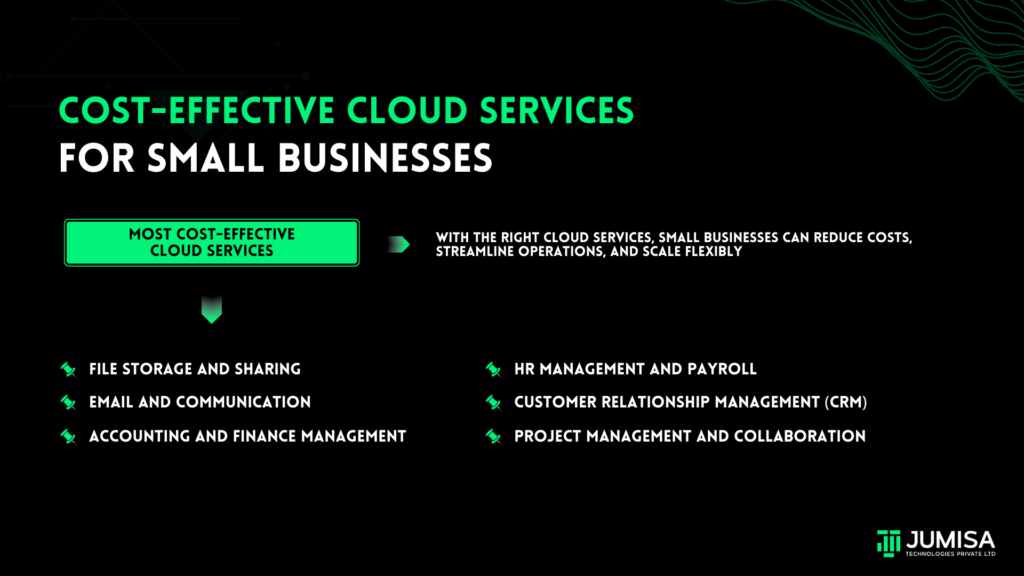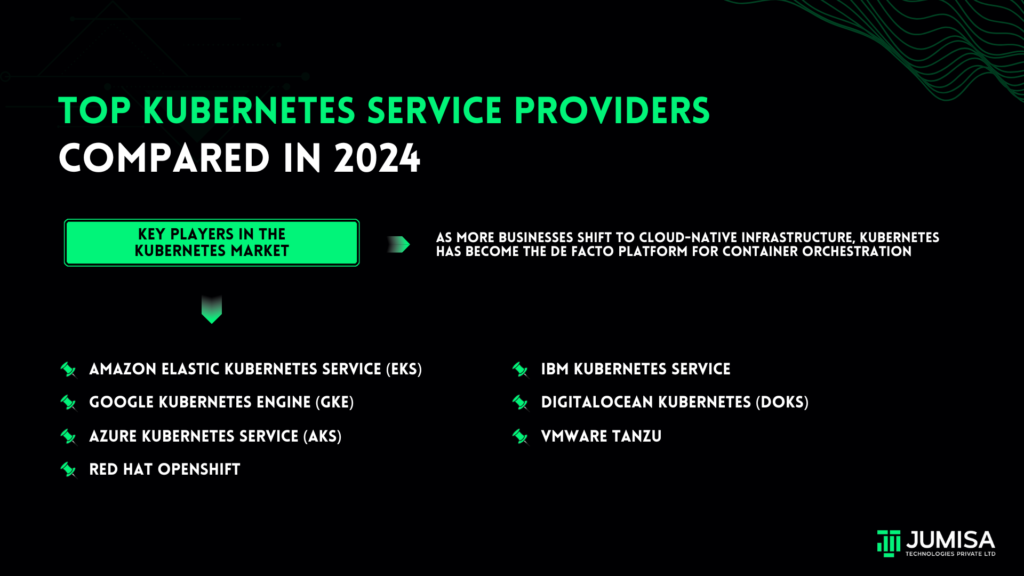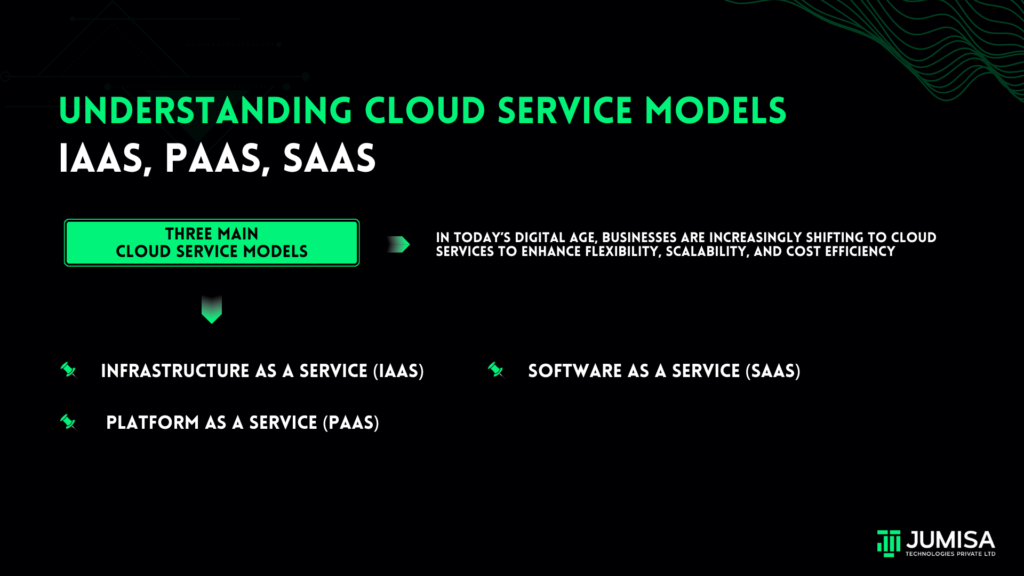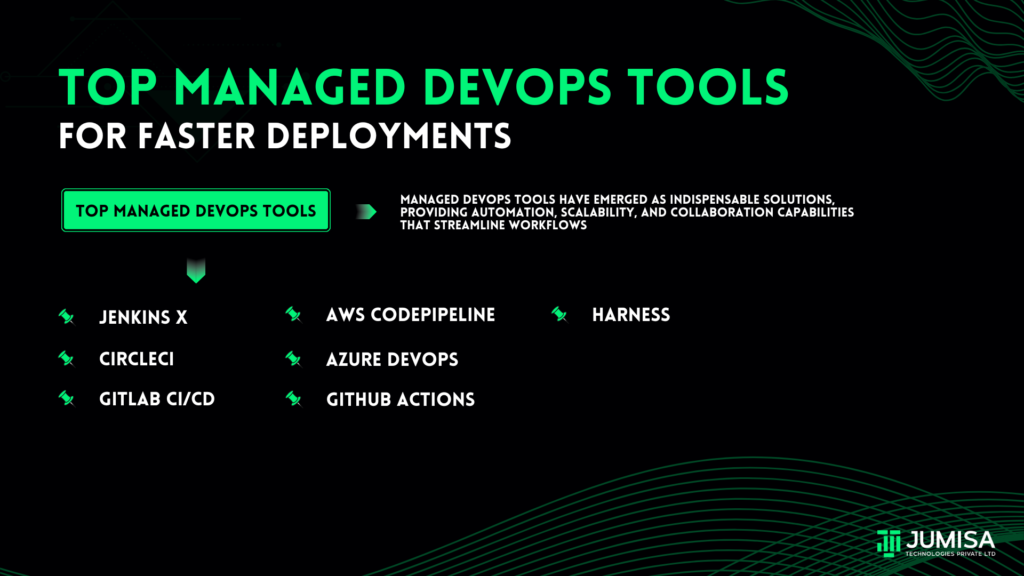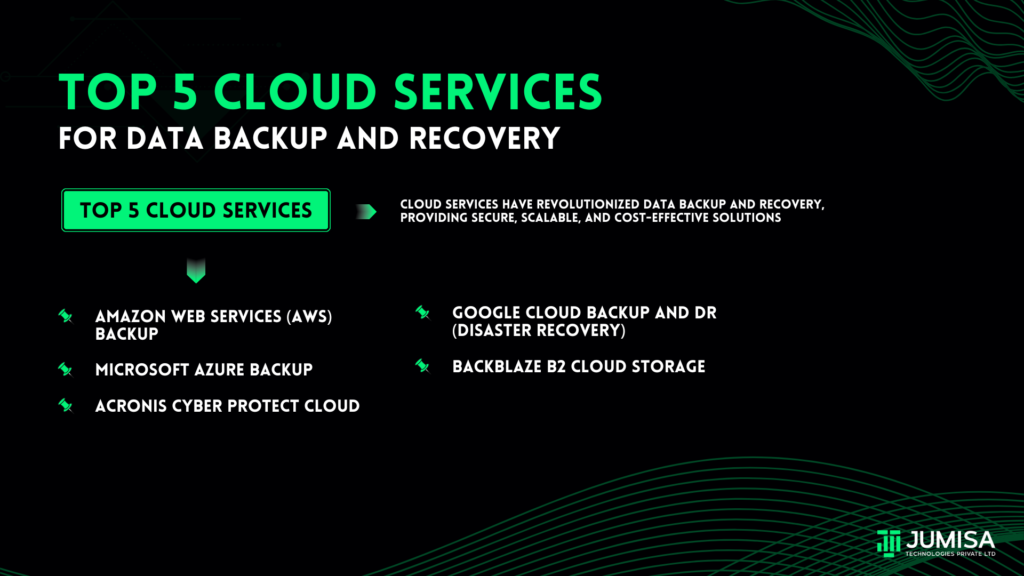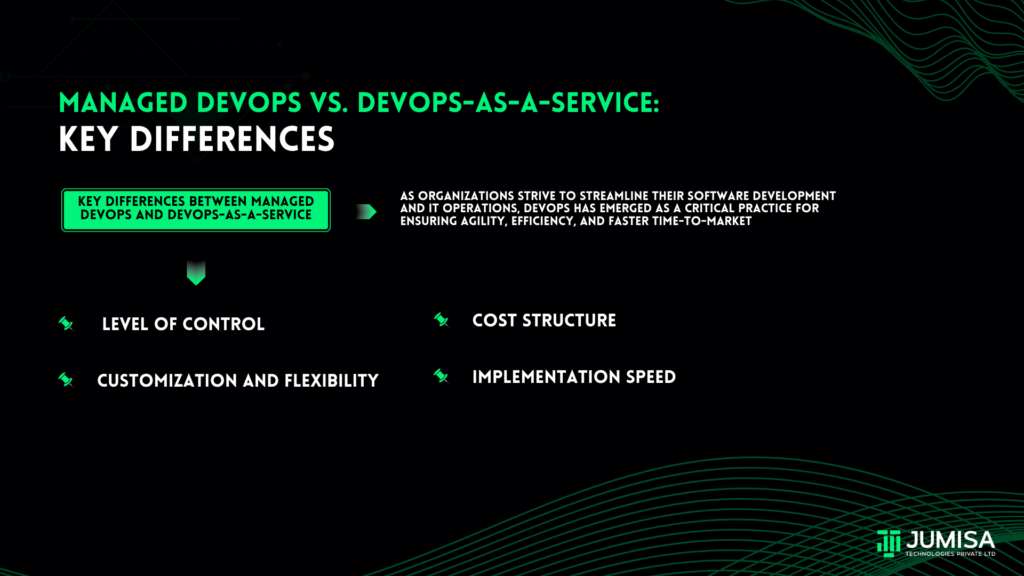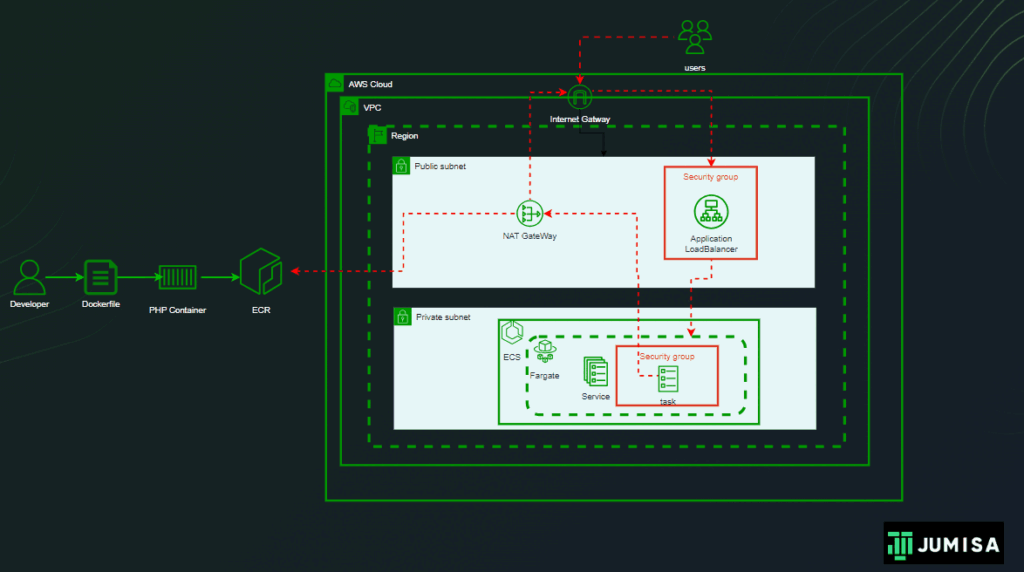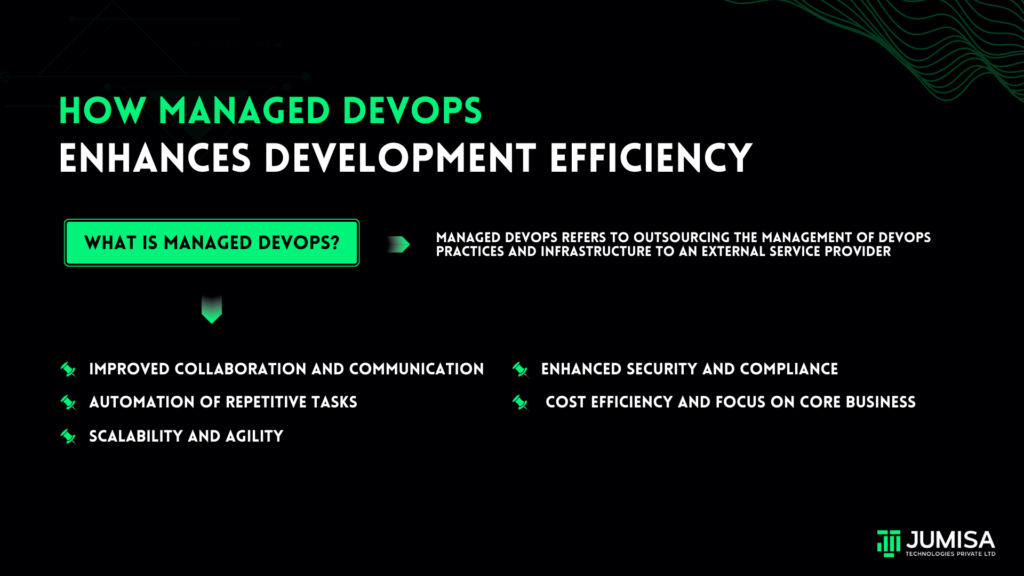
The software development landscape has evolved rapidly over the years, with organizations continuously seeking ways to deliver high-quality applications faster, more reliably, and with fewer bottlenecks. One of the critical advancements in this space is the implementation of DevOps, a set of practices that brings development (Dev) and operations (Ops) teams together. However, managing a DevOps process internally can be challenging, especially for companies with limited resources or specialized skills. This is where Managed DevOps comes in, offering organizations the benefits of DevOps practices without the complexity of managing them in-house.
In this blog, we’ll explore how Managed DevOps enhances development efficiency by optimizing collaboration, automating workflows, and improving both agility and security.
1. What is Managed DevOps?
Managed DevOps refers to outsourcing the management of DevOps practices and infrastructure to an external service provider. These managed services typically include the setup, configuration, and continuous monitoring of DevOps processes like automated testing, deployment pipelines, and cloud infrastructure management. By allowing a dedicated team of DevOps experts to handle these processes, businesses can focus on their core competencies, reduce operational overhead, and improve their overall time-to-market.
2. Improved Collaboration and Communication
DevOps practices inherently emphasize the importance of collaboration between development and operations teams. Managed DevOps takes this a step further by providing a structured framework and tools that ensure seamless communication across teams. External experts can design workflows and communication tools that break down silos, enabling cross-functional teams to collaborate effectively.
Tools like Slack, Jira, and Trello, commonly integrated into managed DevOps solutions, help streamline project management and foster real-time communication. As a result, any issues that arise during the development process can be addressed immediately, reducing downtime and speeding up problem resolution.
3. Automation of Repetitive Tasks
One of the key benefits of adopting DevOps is its focus on automation. Managed DevOps services take automation to another level by optimizing automated testing, deployment, and monitoring tasks. This allows for continuous integration and continuous delivery (CI/CD), where code is frequently tested and deployed in small, manageable increments.
Automating tasks like testing, code review, and environment setup not only saves time but also reduces the risk of human error. This leads to more consistent outcomes, faster feedback loops, and more reliable releases. Managed DevOps providers often use powerful tools such as Jenkins, CircleCI, and GitLab to automate these processes efficiently.
For instance, by automating the testing process, developers can focus on writing code and fixing issues, while the managed service ensures the code is tested thoroughly before it’s pushed to production. This ultimately speeds up the development cycle, reduces bottlenecks, and ensures that releases are stable and error-free.
4. Scalability and Agility
In today’s fast-paced business environment, being agile and able to scale operations quickly is critical. Managed DevOps services provide organizations with the flexibility to scale their development and operations infrastructure as needed. Whether your company is experiencing rapid growth or handling an unexpected spike in user demand, Managed DevOps ensures that your infrastructure can scale accordingly.
Cloud platforms such as AWS, Microsoft Azure, and Google Cloud are often integral to Managed DevOps solutions. These platforms offer auto-scaling features that dynamically adjust computing resources based on your organization’s real-time needs. With Managed DevOps, scaling your operations is not only faster but also cost-effective, as you only pay for the resources you use.
Moreover, Managed DevOps enables faster iterations and delivery, allowing businesses to respond to market demands more rapidly. Whether it’s deploying new features or fixing bugs, the managed service ensures a quick turnaround, keeping you ahead of the competition.
5. Enhanced Security and Compliance
Security is often a top concern when adopting DevOps practices. Managed DevOps providers have dedicated security teams and tools in place to monitor potential threats and vulnerabilities throughout the development lifecycle. They implement DevSecOps strategies, where security is embedded in every phase of the development process, from coding to deployment.
Managed DevOps also ensures compliance with various industry standards such as ISO, SOC 2, and GDPR. These external providers stay updated with the latest security protocols and legal requirements, providing businesses with peace of mind that their applications and data are secure.
Furthermore, managed services usually include **disaster recovery** and **backup solutions**, ensuring that in the event of a system failure, your organization can recover swiftly without losing critical data or facing extended downtime.
6. Cost Efficiency and Focus on Core Business
For many organizations, managing a full-fledged in-house DevOps team can be cost-prohibitive. Hiring and training experts, purchasing the necessary tools, and maintaining infrastructure can strain budgets. Managed DevOps services offer a cost-effective alternative, as businesses can outsource these tasks to experts who have the tools and expertise in place.
This approach frees up internal teams to focus on innovation and development rather than infrastructure management. It also enables small-to-medium-sized enterprises (SMEs) to access cutting-edge DevOps practices without investing heavily in building out their own teams and tools.
Conclusion
Managed DevOps is an effective way for organizations to leverage the full potential of DevOps practices without the overhead of managing these processes in-house. By improving collaboration, automating workflows, enhancing scalability, and embedding security, Managed DevOps significantly boosts development efficiency. Companies that adopt Managed DevOps can accelerate their development cycles, enhance product quality, and ultimately gain a competitive edge in the market.

